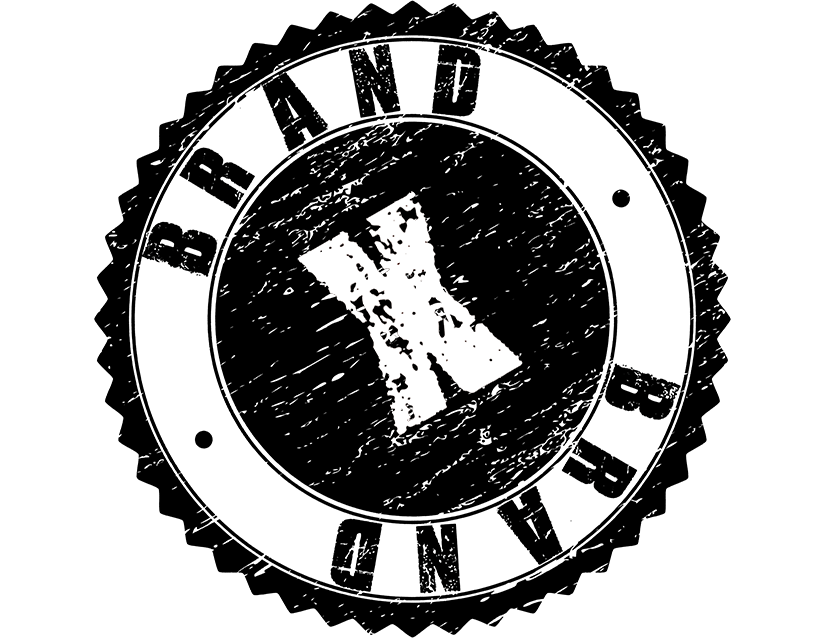
Published in The Business News on September 20th, 2021.
Ownership is one of the key traits, that define a manager. Managers have accepted responsibility for more than just their job. All of the traditional rules and priorities, of being an employee, go out the window for managers. Nine to five? Not likely. Carefully defined work instructions for you? Definitely no. Clear boundaries between your work and personal life? Unfortunately, it doesn’t always work out that way.
Managers accept personal responsibility for the work, the company and their employees. As a manager, you are given room to make decisions, and it is expected that those decisions will lead to success.
It’s not always a straight line, between the problem and the solution, so you may have to make many decisions along the way. Some of those will be bad decisions, and that’s fine, because you have more decisions to make to correct your mistake and steer the ship into the safe harbor of success. I call this process, “owning the outcome”.
Owning the Outcome
In owning the outcome, you understand the problem and you are prepared to make some decisions, to begin of triaging toward a solution. You understand that your first decision may not solve the problem entirely. So, you consider the outcome(s) of that decision, and you are prepared to address those outcomes, good or bad, as they come. You use the outcomes of your decisions to influence your next decisions, over and over, until success.
For some, it is far too simple to live in the now. See problem, turn off brain, randomly try things. You could get lucky with this approach, but the odds of that are about as good as the odds of nothing happening at all. Better than even money odds are on that “caveman” approach making things worse. Even if it solves the immediate problem, you may have created a much larger problem, to be dealt with down the road.
Ownership requires thought. As stated earlier, owning the outcome, starts with understanding the problem. That way you will make intelligent decisions for how to best proceed.
Another thing to watch for is the defeatist approach. I see a problem, I tried something, it didn’t improve the situation, I’m going to get someone else to do it. This is often justified, by calling it escalation.
Escalation is the act of bringing in a more knowledgeable party, to assist with a problem you own. Handing off the problem is handing off ownership and is definitely not escalation. It’s lazy and professionally juvenile. Real escalation is good. Fake escalation is a show of bad character, bad work ethic and overall, a bad employee.
Ownership doesn’t necessarily mean success or else, either. It doesn’t even go so far as “…or die trying”. Ownership of your role or task, simply means that you care. You have a personal and professional investment in doing the genuine best that you can, given all reasonable (and sometimes, unreasonable) means.
If the problem can be solved, you will solve it. You will do the job right and if things don’t work out, your genuine disappointment is visible, and your takeaway assures future successes.
For Example…
An example of success may be that a client is unable to produce product, because of a technical misconfiguration. Upon evaluating the issue, you determine that you are able to fix the issue, with approximately four hours of work. This is determined at 3:00 PM.
For a person with excellent ownership, the client will be producing product by approximately 7:00 PM, and that client has received great communication, throughout the whole process. Even with good ownership, the client is producing product, by noon the next day, again, with great communication throughout.
Poor ownership would have this issue handed off and discussed, to the point where the client goes days without production.
In the scenario above, the best ownership would be to understand the client’s production needs, and to take a proactive maintenance approach, avoiding the technical misconfiguration and outage altogether. That’s not always possible but is possible far more often than most would admit.
Failing is part of the process
Ownership will show through with failures as well. You can see a clear difference in ownership, from the employee who walks in and says, “oh well, it didn’t work. Good night” and the employee who is clearly distraught by the failure and is talking about next steps and how to avoid such failures in the future.
Failing is part of the process. Owning that outcome to improve yourself, your skills and your team is true ownership. Blaming others, complaining, and downplaying the outcome is just feeding on negativity and hiding from ownership. If you really cared, it would show.
Ownership comes, first and foremost, from a good wok ethic. It’s honed with a genuine interest in the work being done and some hard-earned experience. You should have learned the work ethic growing up, but laziness can be overcome with interest. Make sure you are in a role that truly interests you. You are going to work for forty years of your life; you should love what you do enough to own it.
